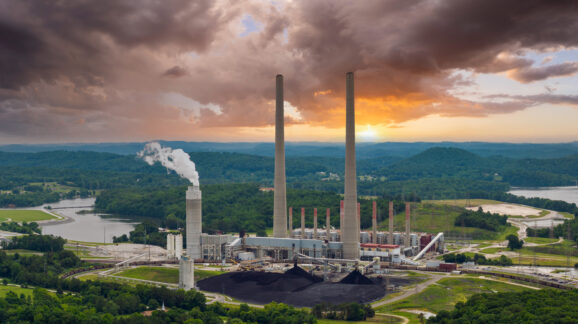There is also the constant conflating of climate policy with climate science in order to make subjective and ideological policy choices seem as if the science dictates those choices. But science informs policy, it does not provide objective answers to policy questions. However, those who disagree with the climate policy choices favored by extremists are labeled with offensive terms like deniers.
The Competitive Enterprise Institute rejects climate policies that assume Americans and humans all over the world must sacrifice their quality of living, be guilted into radical life changes, and give up on improving their standard of living in the name of fighting climate change. Even if the United States no longer existed, there would be little to no meaningful impact on global temperatures. Therefore, the myriad of extreme policies are all costs and no gain.
Using the force of government to impose policies that severely hurt humans today, especially the poor, without any meaningful benefits is not just foolish but indefensible. And when such policies are advanced, the proponents of those policies should always be expected to explain how their policy choices would meaningfully affect global temperatures. When they are unable to provide answers, which will be the case, their policy choices should be quickly dismissed.
The best way to deal with any genuine climate concerns is to remove government obstacles that hinder innovation, reduce wealth, and undermine prosperity and opportunity. Economic liberty benefits Americans generally, and at the same time, it is also the world’s best climate policy. After all, the wealthiest and most prosperous nations are far more likely to develop solutions to such problems than other nations.
Featured Posts

Blog
The Endangerment Finding’s disqualifying systemic biases, part 2
The previous post in this series documented the 2009 Greenhouse Gas Endangerment Finding’s reliance on overheated models and inflated emission scenarios to estimate…

Blog
The Endangerment Finding’s disqualifying systemic biases, part 1
On August 1, 2025, the Environmental Protection Agency (EPA) proposed to repeal its December 2009 Greenhouse Gas Endangerment Finding. In the Endangerment Finding,…

Blog
Latest rescissions bill finally kills spending on 1987 Montreal Protocol
The most recent congressional rescissions package will block $9 billion in spending, including funds for United Nations (UN) environmental treaties such as the 1987…
Search Posts
Study
Mitigation of Climate Change: A Scientific Appraisal
Full Document Available in PDF Contrary to President Clinton, the science…
Newsletter
Vol. II, No. 11
Politics House Version of Ashcroft Drops On May 7 Rep. Joseph Knollenberg (R-MI) introduced a bill (H.R. 3807) that, like the Senate version introduced by…
News Release
First Cooler Heads Lecture On Global Warming
Washington, DC, May 22, 1998 — The Cooler Heads Coalition, a working group chaired by the Competitive Enterprise Institute (CEI) within Consumer Alert’s broader…
Newsletter
Climate Change: Insights from Oceanography
Preface Full Briefing available in PDF format. Preface The global warming establishment asserts that…
Newsletter
Vol. II, No. 10
Politics UN Readies “Buenos Aires Mandate” The UN Conference on Trade and Development has developed recommendations for the proposed Buenos Aires Mandate to be completed…
Newsletter
Vol. II, No. 9
Politics Anti-Kyoto Science Petition Tops 17,000 Names A petition circulated to scientists urging lawmakers to reject the Kyoto…
Staff & Scholars

Sam Kazman
Counsel Emeritus
- Antitrust
- Automobiles and Roads
- Banking and Finance

Marlo Lewis, Jr.
Senior Fellow
- Climate
- Energy
- Energy and Environment

Ben Lieberman
Senior Fellow
- Climate
- Consumer Freedom
- Energy

Jacob Tomasulo
Policy Analyst
- Climate
- Energy
- Energy and Environment

Kevin D. Williamson
Writer in Residence
- Climate
- Energy and Environment